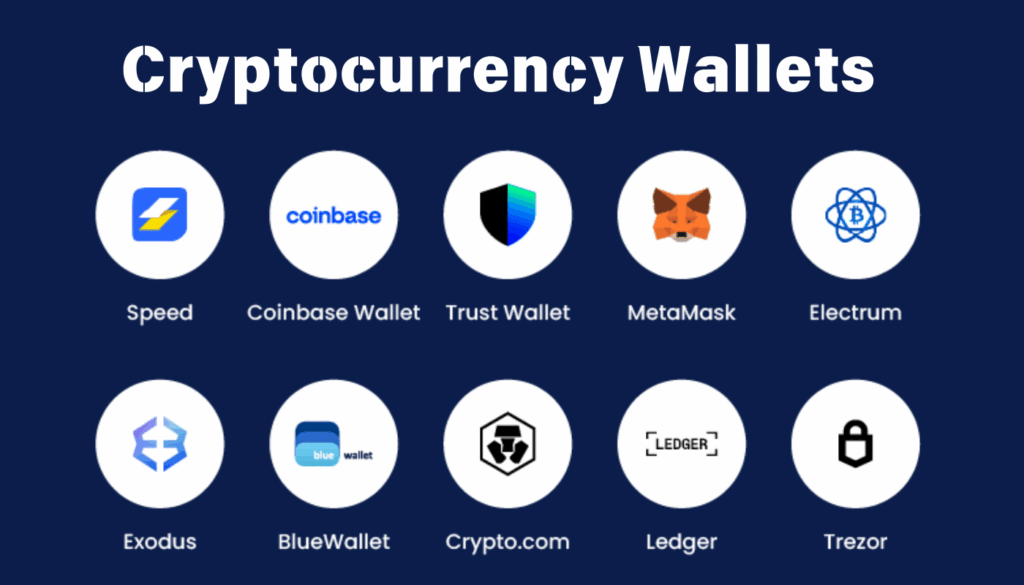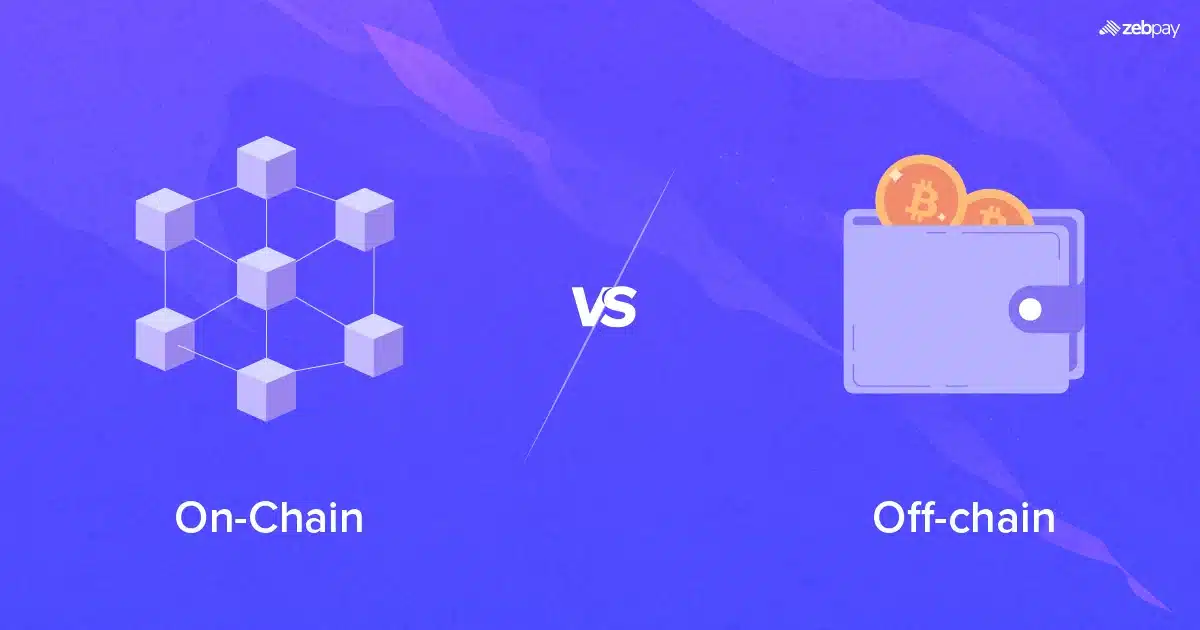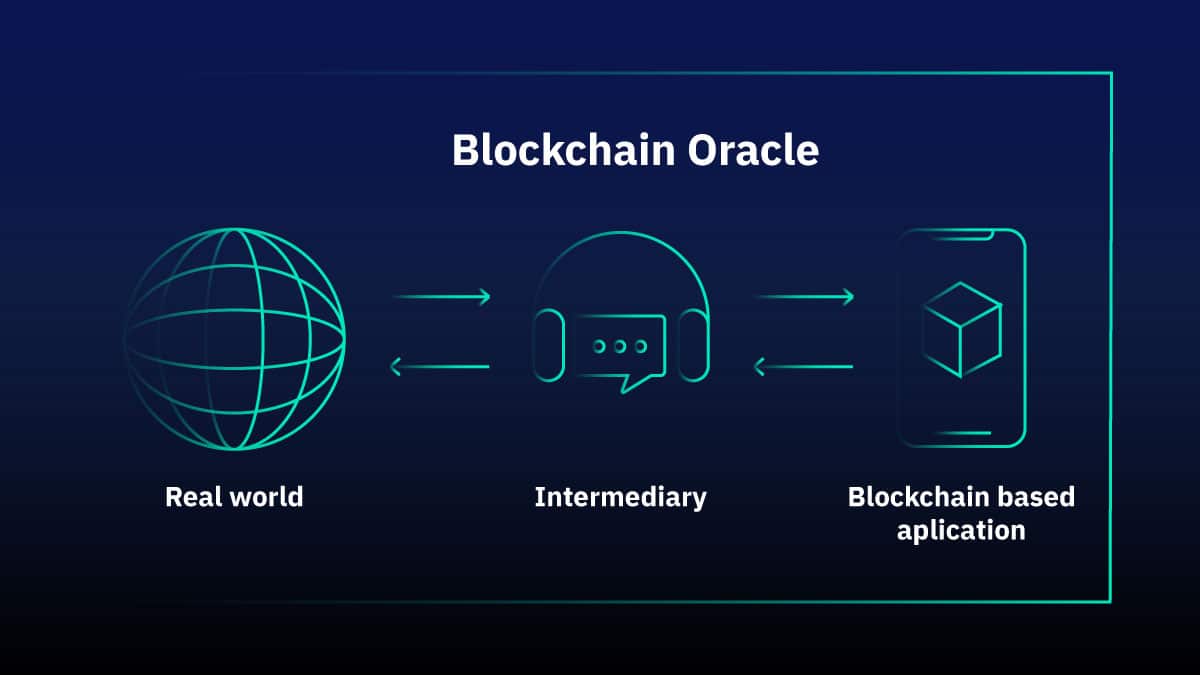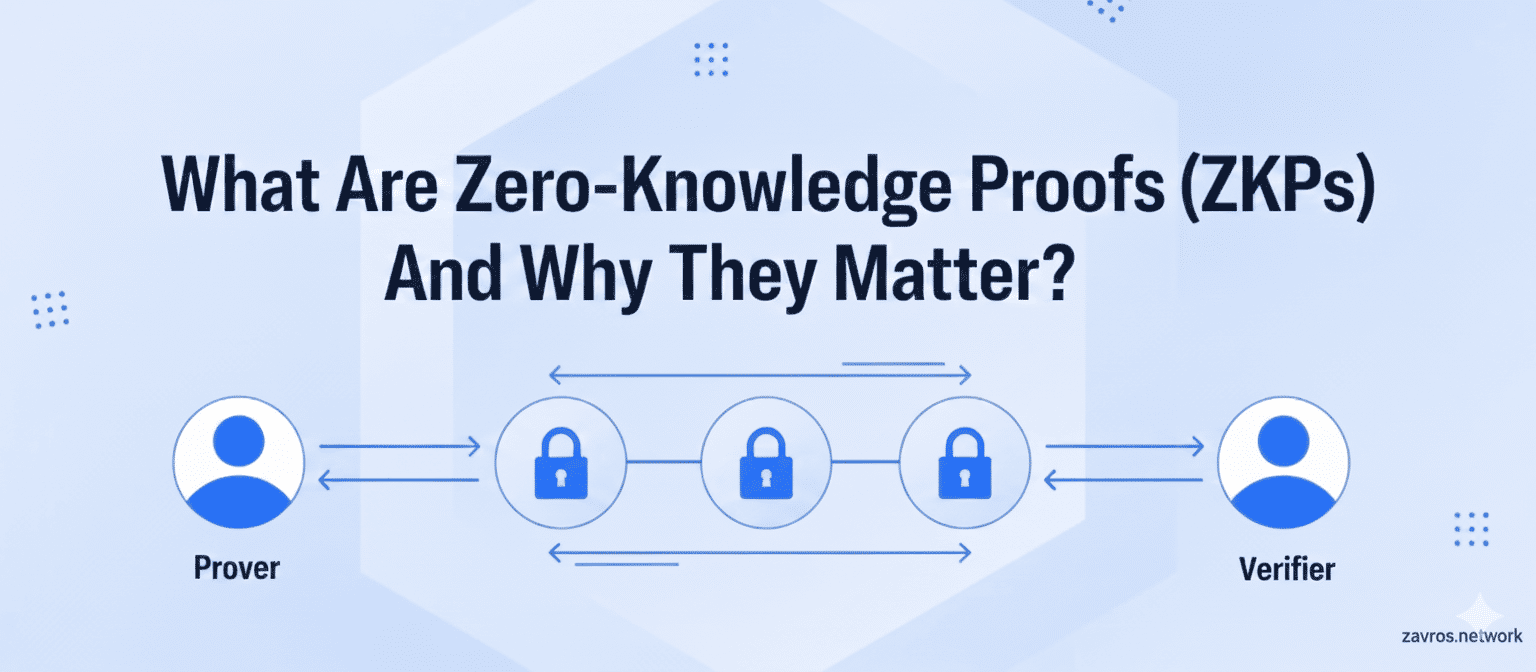Best Crypto Wallets for Secure and Convenient Storage
Usually free, hot wallets provide trading, staking, and DeFi services for an extra fee. They simplify frequent crypto transactions but are more susceptible to cyberattacks owing to their internet access.

| Crypto Wallet | Assets Supported | Cold Storage Conversion | Staking/DeFi Support | Standout Feature |
| Zengo (Rating: 4.9) | 300+ | Yes, via WalletConnect | Yes | Multi-party computation (MPC) security |
| Crypto.com Wallet (Rating: 4.8) | 1,000+ | Yes, on desktop | Yes | Seamless integration with a top-rated trading app |
| Guarda (Rating: 4.8) | 300+ | Yes | Yes | Comprehensive educational resources |
What Should You Know Before Choosing a Crypto Wallet?
Crypto wallets are vital for digital asset storage. The two primary types are hot and cold wallets.
• Hot wallets are handy software or online apps for active trading on desktop or mobile devices; they provide rapid and easy access.
• Cold wallets, often hardware devices, provide offline asset storage and better security against cyberattacks. The finest cold wallets are small, easy to use, and affordable.
A non-custodial wallet gives cryptocurrency enthusiasts complete control and ownership over their digital assets without third-party suppliers.
Users may trade directly from the wallet UI with many current crypto wallets that integrate with cryptocurrency exchanges. Understanding hot wallet vs cold wallet is crucial when deciding how to manage your security versus convenience.
How We Assess and Compare the Top Crypto Wallets
We examine crypto wallets using over 15 parameters to achieve a fair analysis. These include the number of supported cryptocurrencies, compatibility across devices and platforms, integration with exchanges or DeFi services, hot and cold storage conversion, security protocols like encryption and authentication, and ease of use and interface design.
From one star (poor) to five stars (outstanding), we rate wallets on these important categories. Our independent study provides clear, accurate information so you can confidently pick the crypto wallet that meets your requirements, whether you are a newbie or an experienced trader.
Our Expert Picks for the Best-Rated Crypto Wallets in 2025
| Wallet | Key Features | Support & Security | Unique Selling Point |
| Best Wallet | – No KYC required- Multi-chain and multi-wallet support- Buy crypto with fiat | – Staking and airdrop rewards- 24/7 access | Early access to new meme coins and fair launches |
| Kraken | – Monitor 2,000+ crypto markets- Margin and futures trading- Custom alerts and charts | – High liquidity- 24/7 live customer support | Professional trading tools and mobile trading access |
| ZenGo | – Purchase crypto securely- No seed phrase required- 3-factor authentication | – MPC cryptography- 24/7 in-app support | Stress-free wallet recovery with robust security |
| Uphold | – Buy, sell, hold 300+ assets- Early access to new tokens- Simple one-step trading process | – Robust security protocols | Discover tokens before they’re listed elsewhere |
| Tangem Wallet | – Hardware wallet in a ring shape- Tap-to-Sign NFC connection- No traditional seed phrases needed | – Military-grade secure element- 24/7 email support | Seedless cold storage with a wearable design |
| Coinbase Wallet | – Supports 100,000+ assets- NFT storage for Ethereum and Polygon- Easy-to-use app and extension | – 2FA & biometric authentication- Integration with Coinbase & DEXs | Convenient access to Coinbase ecosystem and high asset support |
| Ledger Nano X | – Cold wallet with in-house OS- Blockchain account creation- Generates private keys offline | – Strong protection from hacks and malware- Offline key storage | Popular cold storage device with ecosystem companion tools |
| Trezor | – Buy, sell, stake, and swap tokens- Compatible with 30+ wallet apps | – EAL6+ certified Secure Element- Full privacy—Trezor has no access to your funds | All-in-one hardware wallet solution for privacy-focused users |
Comparison Table: Features of the Best Crypto Wallets Side by Side
Many hot wallets support multiple cryptocurrencies and NFTs. Most have a direct exchange connection, making buying, selling, and managing assets easy.
| Wallet | Rating | Key Highlights |
| ZenGo | 4.8 | Secure, seedless wallet with advanced authentication and user-friendly interface |
| Crypto.com Onchain | 4.8 | Integrated with Crypto.com ecosystem; supports a wide range of digital assets |
| Guarda | 4.6 | Multi-platform wallet supporting thousands of coins and tokens, including NFTs |
| Exodus | 4.5 | Intuitive desktop and mobile wallet with built-in exchange and NFT support |
| Trust Wallet | 4.4 | Decentralized wallet with DApp browser; supports numerous blockchains and tokens |
| Coinbase Wallet | 4.3 | Non-custodial wallet integrated with Coinbase and DEXs; stores both crypto and NFTs |
| MetaMask | 4.0 | Popular Ethereum-based wallet with Web3 support and NFT compatibility |
Top-Rated Hot Wallets for Easy Access and Daily Use
Exodus
• Assets Supported: 250+
• Cold Storage Compatibility: Yes, integrates with Trezor
• Staking/DeFi Support: Yes
Exodus offers mobile, desktop, and browser extensions. Users may purchase, sell, and stake cryptocurrencies in the wallet. Exodus works with Trezor hardware wallets to move hot to cold storage. Free and user-friendly for novices, the platform offers a wealth of cryptocurrency and blockchain instruction.
Trust Wallet
• Assets Supported: 10+ million digital assets across 100+ blockchains
• Cold Storage Compatibility: Yes, via Ledger (browser extension)
• Staking/DeFi Support: Yes
Binance’s official wallet, Trust Wallet, supports over 100 blockchains and digital assets. It promises to support over 10 million assets, yet there are considerably fewer cryptocurrencies in circulation. The wallet integrates with Ledger for cold storage and allows direct asset trading. However, its website does not mention all supported assets, the wallet us blockchain, making it compatible with most cryptocurrencies.
Coinbase Wallet
• Assets Supported: Thousands
• Cold Storage Compatibility: Yes
• Staking/DeFi Support: Yes
Coinbase, the largest U.S. crypto exchange, released a standalone, non-custodial wallet. Users have complete control over their private keys using this wallet, unlike on the exchange. It integrates nicely with Coinbase and is beginner-friendly. Instead of a desktop application, it offers mobile and browser-based access and connects to hardware wallets like Ledger. It also supports dApps.
MetaMask
• Assets Supported: 650,000+ (with manual addition of unsupported ERC-20 tokens)
• Cold Storage Compatibility: Yes
• Staking/DeFi Support: Yes
MetaMask is a popular Ethereum wallet for apps and tokens. It supports several ERC-20 assets and is free and open-source. It works with Ledger and Trezor hardware wallets and has a mobile and browser extension. Users may stake and utilize DeFi apps via the MetaMask Portfolio. MetaMask is most useful for Ethereum users since it loses usefulness outside of that environment. MetaMask also allows users to buy crypto with debit card through its third-party integrations.
Best Cold Crypto Wallets for Offline Security
Cold wallets store cryptocurrency offline and securely. They are less susceptible to hackers and illegal access since they are offline. You must buy hardware to add this security layer. Without backups, losing or damaging the device might make asset recovery difficult or impossible.
Computer-savvy individuals can set up offline storage options, but hardware wallets make it easier. Preloaded with software, these devices have intuitive interfaces, improved usability, and built-in security.
Cost, supported cryptocurrencies, interaction with your hot wallet, and security features should be considered while picking a cold wallet.
Zavros Network recommends these cold crypto wallets:
| Wallet Name | Assets Supported | Can Convert to Online Storage | Staking/DeFi Support | Key Features |
| Ledger | 5,500+ | Yes | Yes | – One of the most recognized cold wallets- Prices range from approx. $79 to $399- Works with software wallets like Crypto.com & Guarda- Offers mobile app, desktop app & browser extension- Two-factor authentication enabled- Rich library of educational content |
| Trezor | 9,000+ | Yes | Yes | – High-end hardware options- Entry-level Model One ($49); Model T with touchscreen ($169)- Integrates with wallets like Exodus- Built-in staking & crypto purchase features- Desktop app and mobile app (Trezor Suite Lite)- No Bluetooth (intentional for security reasons) |
These cold storage wallets preserve long-term holders and users wanting the utmost digital asset security. Zavros Network advocates using a cold wallet and a trusted hot wallet for ease and security.
Cold Wallet Comparison: Which Offline Wallet Offers Better Protection?
Many hot wallets support hundreds or thousands of cryptocurrencies. These wallets support NFTs (non-fungible tokens) and integrate with crypto exchanges, making it easy to purchase, sell, and trade digital assets.
Here are some of the best hot wallets and their ratings:
| Hot Wallet | Rating (Out of 5) |
| Zengo | 4.8 |
| Crypto.com Onchain | 4.8 |
| Guarda | 4.6 |
| Exodus | 4.5 |
| Trust Wallet | 4.4 |
| Coinbase Wallet | 4.3 |
| MetaMask | 4.0 |
What Are the Main Types of Crypto Wallets?
Two types of cryptocurrency wallets exist: hot and cold. Cold wallets are offline, whereas hot wallets are constantly online, improving security. To allow consumers freedom in managing digital assets, several firms offer hybrid solutions that include software and hardware.
Hot Wallets
Hot wallets help users manage their cryptocurrencies on mobile phones, desktops, or web browsers. To simplify access, they store encrypted public and private keys in the app.
Key Benefits:
• Suitable for regular or frequent crypto trading.
• Accessible from any internet-connected location.
• Provides user-friendly asset management interfaces.
Key Risks:
• Hot wallets are more susceptible to cyber risks like malware and phishing due to their persistent internet connection.
• Wallets held by centralized exchanges are a common target for hackers.
Cold Wallets
By storing crypto keys offline, cold wallets are more secure against remote attacks. Hardware wallets (such as USB-like devices) and paper wallets that show private keys or QR codes are available.
Key Benefits:
• Provides improved protection against most cyberattacks.
• Hardware wallets need an actual computer connection for transactions.
• Capable of storing large amounts of cryptocurrency for long-term storage.
Key Risks:
• Lost physical devices or printed keys without sufficient backups result in irreversible loss of cash.
• Hot wallets are more convenient for daily use than cold wallets.
Which Features Matter Most When Choosing a Crypto Wallet?
Finding the proper crypto wallet starts with knowing your requirements and usage. These primary questions can help you decide:
1. How frequently will you trade?
Choose between HODLing or trading cryptocurrencies.
• If you trade often, a hot wallet is ideal for its accessibility and real-time communication.
• If investing long-term, consider cold storage for increased security.
2. What types of cryptocurrency will you store or trade?
Determine whether you just trade Bitcoin or altcoins, stablecoins, or NFTs.
• Select a wallet that accommodates present and future assets.
• Check for frequent wallet upgrades and trustworthy cryptocurrency support.
3. What is your budget?
How much are you prepared to spend on asset security?
• Although hardware wallets are perfect for protecting large crypto assets, they sometimes demand an upfront expenditure.
• Hot wallets are typically free to download and use, but may incur transaction or network fees when trading directly via the wallet.
4. What functionality do you need?
Think about doing more than buying, holding, and trading.
• Some wallets include functionality like staking, lending, and connection with decentralized applications.
• Choose a wallet that supports your financial objectives, including passive crypto revenue.
How We Selected the Best Crypto Wallets of the Year
Our expert writers and editors have spent a lot of time studying cryptocurrency wallets. Expert conversations and data from reliable sources helped us create a thorough assessment system with over 30 major criteria. Security assessments and ratings, Web3 integration, staking, supported digital assets, etc.
Our results reveal the best crypto wallets in each category:
• Exodus: Best Overall Cryptocurrency Wallet
• Zengo: Best for Beginners
• Sparrow: Best for Bitcoin Storage
• BlueWallet: Best Mobile Wallet for Bitcoin
• Trust Wallet: Best Mobile Crypto Wallet (Multi-Asset)
• MetaMask: Best Web3-Compatible Wallet
• Trezor Model One: Best Entry-Level Hardware Wallet
• Ledger Nano Flex: Best Premium Hardware Wallet
Wallets That Didn’t Make the Cut — But Are Still Worth a Look
Best Wallet
Best Wallet integrates with DeFi apps and NFT markets for a smooth mobile experience. The platform includes portfolio monitoring and token exchanging, making it a complete solution. Users may register accounts anonymously and get early access to partner token releases.
Why it didn’t make the final cut:
Best Wallet is promising yet fresh and lacks the reliability of older wallets. However, its wide development path implies growth and innovation.
Coinbase Wallet
Coinbase Wallet, backed by Coinbase, supports several cryptocurrencies, dApps, and NFTs. Transaction previews, biometric identification, and a dApp blocklist enhance security. With “Quests” users may earn bitcoin by completing instructional tasks on the app.
Why it didn’t make the final cut:
Despite having a non-custodial wallet, it has a strong relationship with Coinbase may worry decentralization advocates. It lacks sophisticated customization and development options seen in other non-custodial wallets.
Tangem Wallet
Tangem’s portable, NFC-powered credit card wallet requires no batteries or wires. Its chip is EAL6+, the same as electronic passports. Kudelski Security and Riscure independently audited the wallet firmware.
Why it didn’t make the final cut:
Tangem may disappoint users who prefer open-source code or hardware wallets despite its innovative design and security. It also supports fewer coins than popular hardware wallets.
Learn More: Understanding How Crypto Wallets Work
What Is a Crypto Wallet?
A crypto wallet securely stores and manages your public and private keys, which unlock your digital assets. Protect your private keys since they are the only way to access your digital currency. Losing your private keys might mean losing your cash forever.
How to Choose a Crypto Wallet
First, decide whether you want a hot or cold crypto wallet:
• Internet connectivity makes hot wallets useful for frequent transactions.
• Offline cold wallets provide enhanced protection and are suited for long-term storage.
When selecting a wallet, also consider these additional factors:
• Supported cryptocurrencies: Ensure the wallet supports your desired assets.
• Easy asset transfer offline: Consider methods for smooth moving between hot and cold storage.
• Staking and rewards: Wallets may include in-app capabilities for staking, earning interest, or engaging in token awards.
What Are Non-Custodial Crypto Wallets?
Non-custodial wallets provide users with complete control over their private keys and crypto assets. No third party provides security or access, unlike exchange custodial wallets.
However:
• Missing your recovery phrase or password might result in permanent loss of access since there is limited tolerance for mistakes.
• Users must ensure that the wallet utilizes software or hardware that is secure.
• Frequent transfers may incur higher transaction costs owing to blockchain network expenses.
Single-Purpose vs. Multi-Asset Wallets
Many cryptocurrencies have their recommended wallets:
• MetaMask is a top Ethereum and ERC-20 token alternative.
• Electrum is popular among Bitcoin users for its speed and customisation capabilities.
Are There Other Ways to Invest in Crypto?
Yes. Besides wallets, these are some other ways to invest in crypto:
• Cryptocurrency exchanges: Centralized exchanges let you store crypto.
• Traditional brokers: Exchange platforms like Fidelity and Robinhood enable bitcoin purchases in investment accounts.
• Crypto ETFs: For Bitcoin and Ethereum, provide market exposure without direct asset ownership. These are good for 401(k)s and other retirement funds.
Can I Recover My Assets If I Lose Access to My Wallet?
• Hot wallets provide account recovery options, including email or two-factor verification.
• Cold wallets hold private keys, not crypto directly. You can retrieve your cold wallet if you keep it carefully and use your seed phrase.
Can I Move Crypto From a Traditional Broker to a Wallet?
Depends on the broker. Some sites, like Robinhood, allow external wallet transfers, while others limit withdrawals. Before buying cryptocurrencies from a platform, remember to verify their broker’s policies.
How Do I Buy Crypto?
With a wallet, you can buy crypto through:
• Crypto exchanges (centralized or decentralized platforms)
• Crypto-friendly traditional brokers
• Bitcoin ATMs
• Crypto buying alternatives via money transfer services





